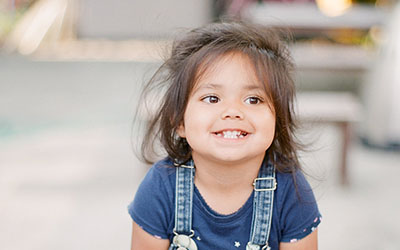For many families, grief doesn’t introduce itself gently. A relative or close friend dies unexpectedly, and a shock wave of grief and disbelief rocks those left behind. Family members are blindsided, bowled over, overwhelmed. Life is suddenly filled with pain and confusion. Parents and adults can help facilitate a child’s healing by providing support during the grieving process. An adult’s role should be to walk beside the child during their grief journey, rather than to lead the child. Ways in which we can companion children are:
Be Honest
Tell the child the truth in terms that are appropriate to the child’s age. Do not keeep secrets. It is far better to hear the truth from a trusted adult, than another child or an acquaintance. When a child asks questions about death, answer the question honestly and directly, without discussing more detail than is needed.
Be Concrete
When talking with children about death, use words like “died” or “dead”. Avoid using euphemisms such as “expired”, “passed on,” or “went to sleep.” This only confuses children.
Be Consistent
Routines provide security for grieving children and help to diminish worry about what will happen in the future.
Provide Choices
Children often feel a lack of control in their lives when someone close to them dies. Allow children to choose how they want to participate in the funeral process.
Allow Yourself to Mourn
Children learn from their role models. If they see a parent or relative’s outward expression of feelings, then it makes it “okay” for them to express their own feelings.
Remember the Person Who Died
Encourage the child to talk openly about the person who died. Allow children the opportunity to choose from the possessions of the person who died, those possessions that are most meaningful to him/her.
Children are unique individuals with special grief needs. They have the natural ability to heal. By walking beside a child during their journey, we can facilitate hope, healing and finally peace.

